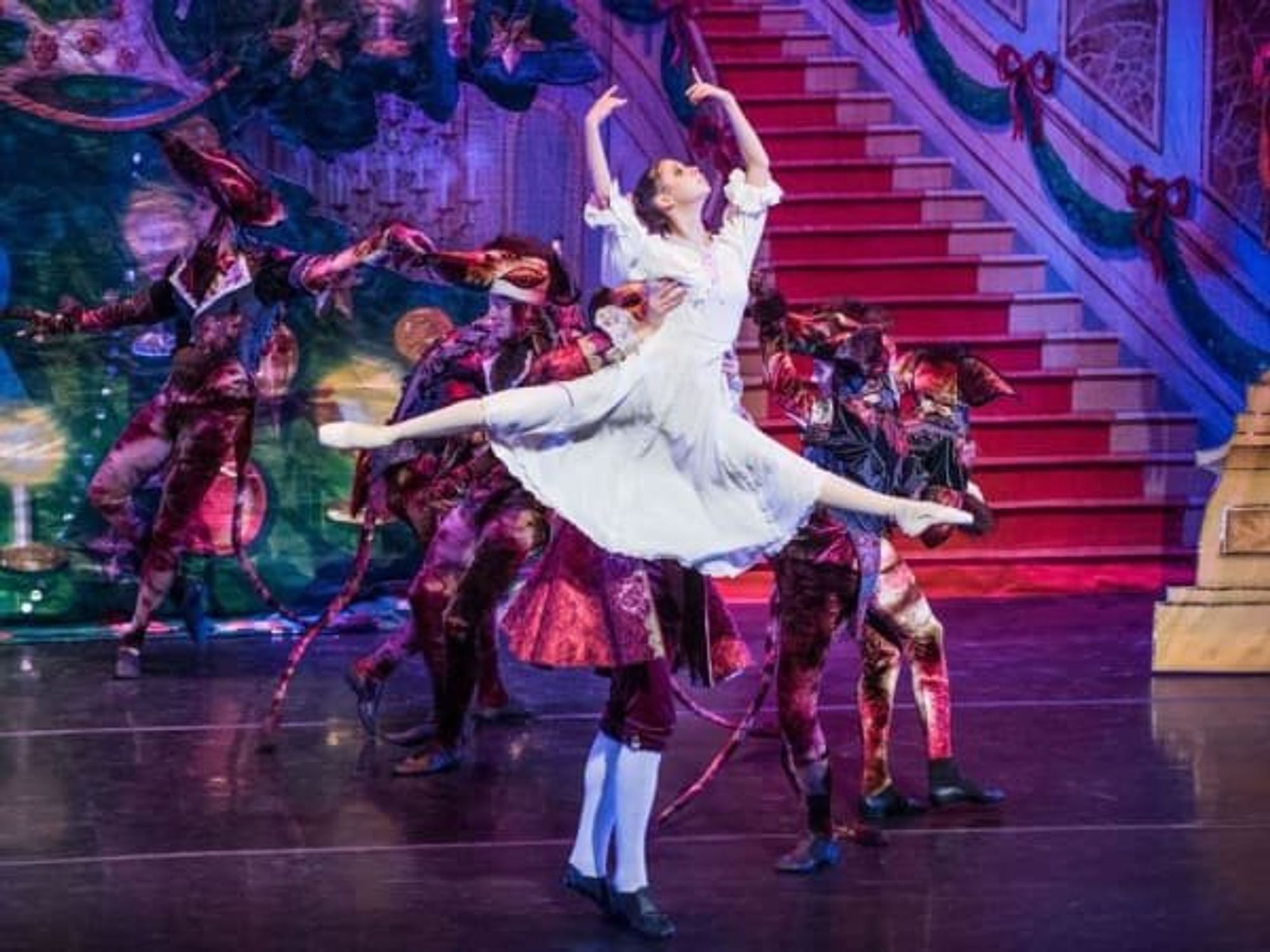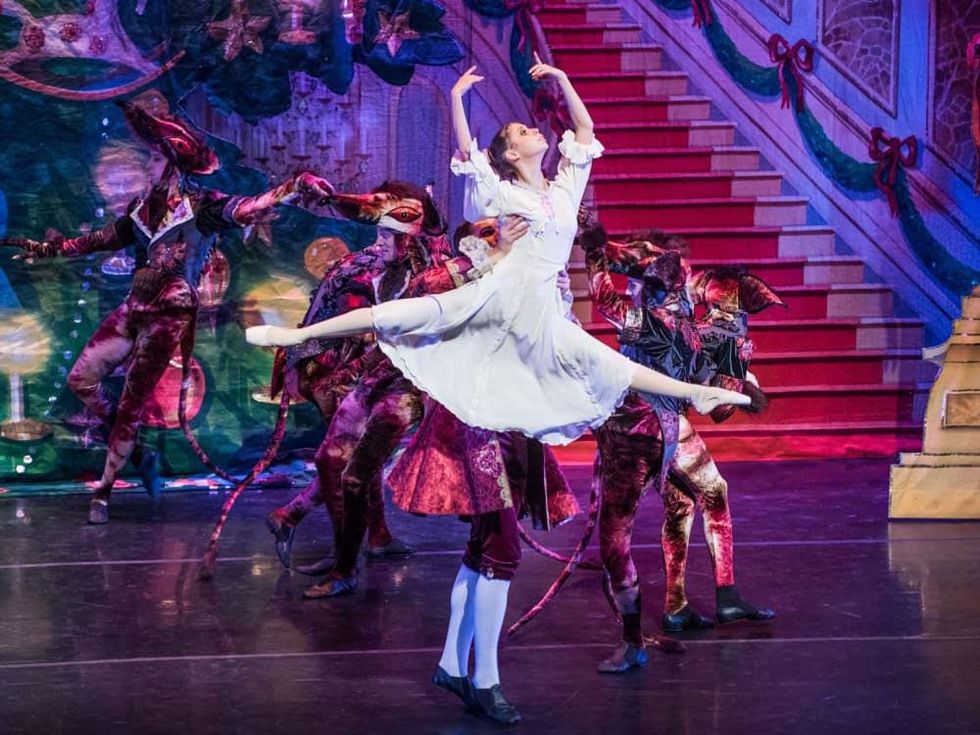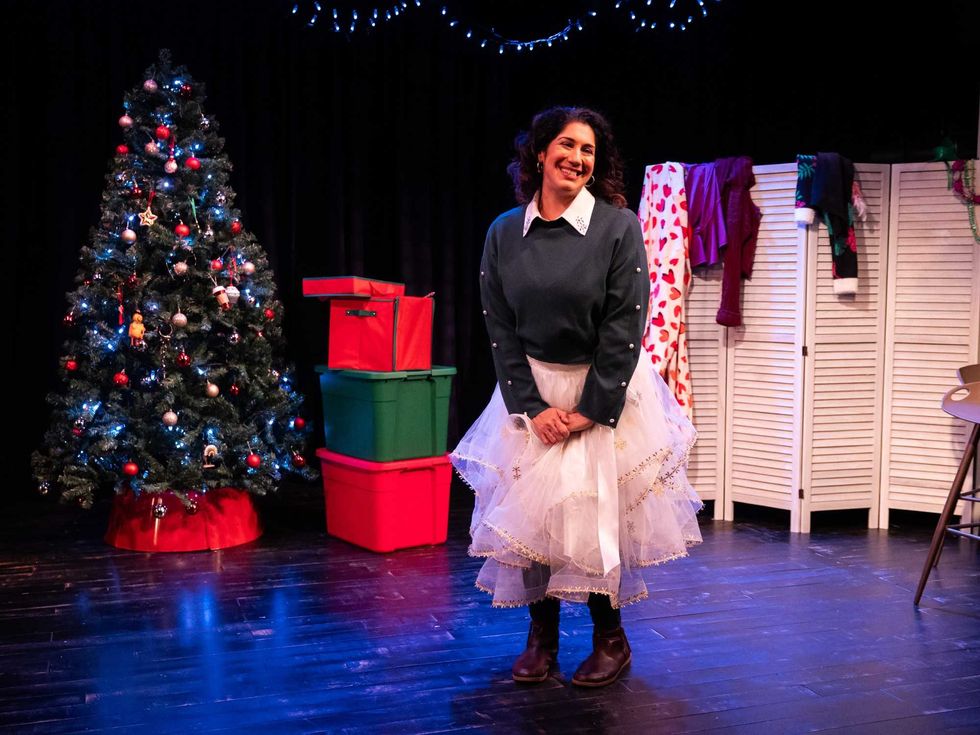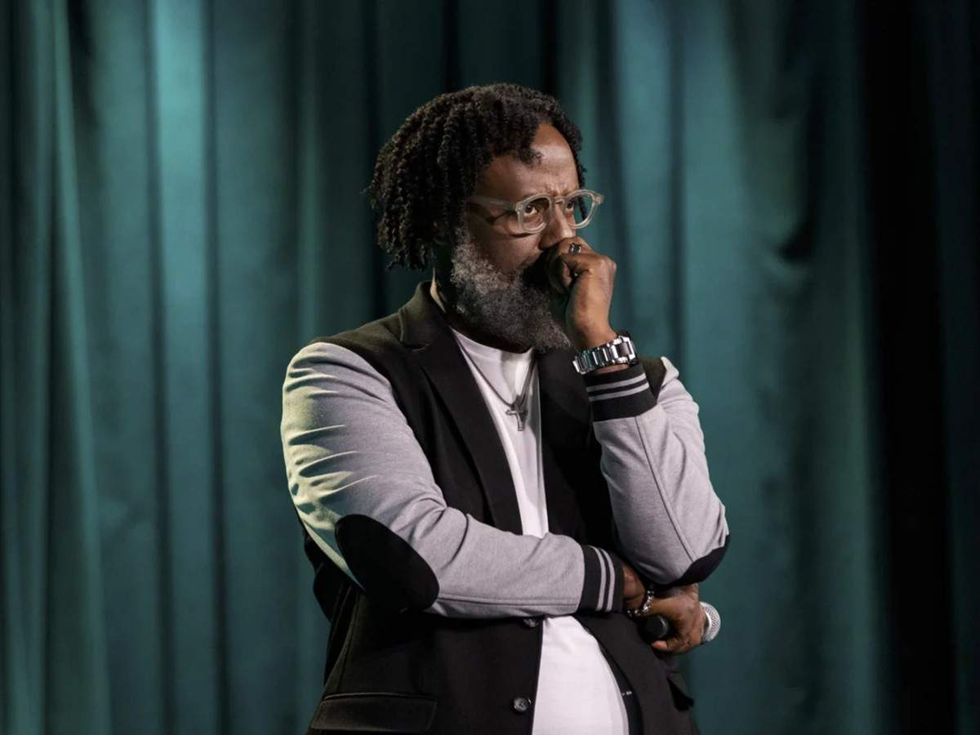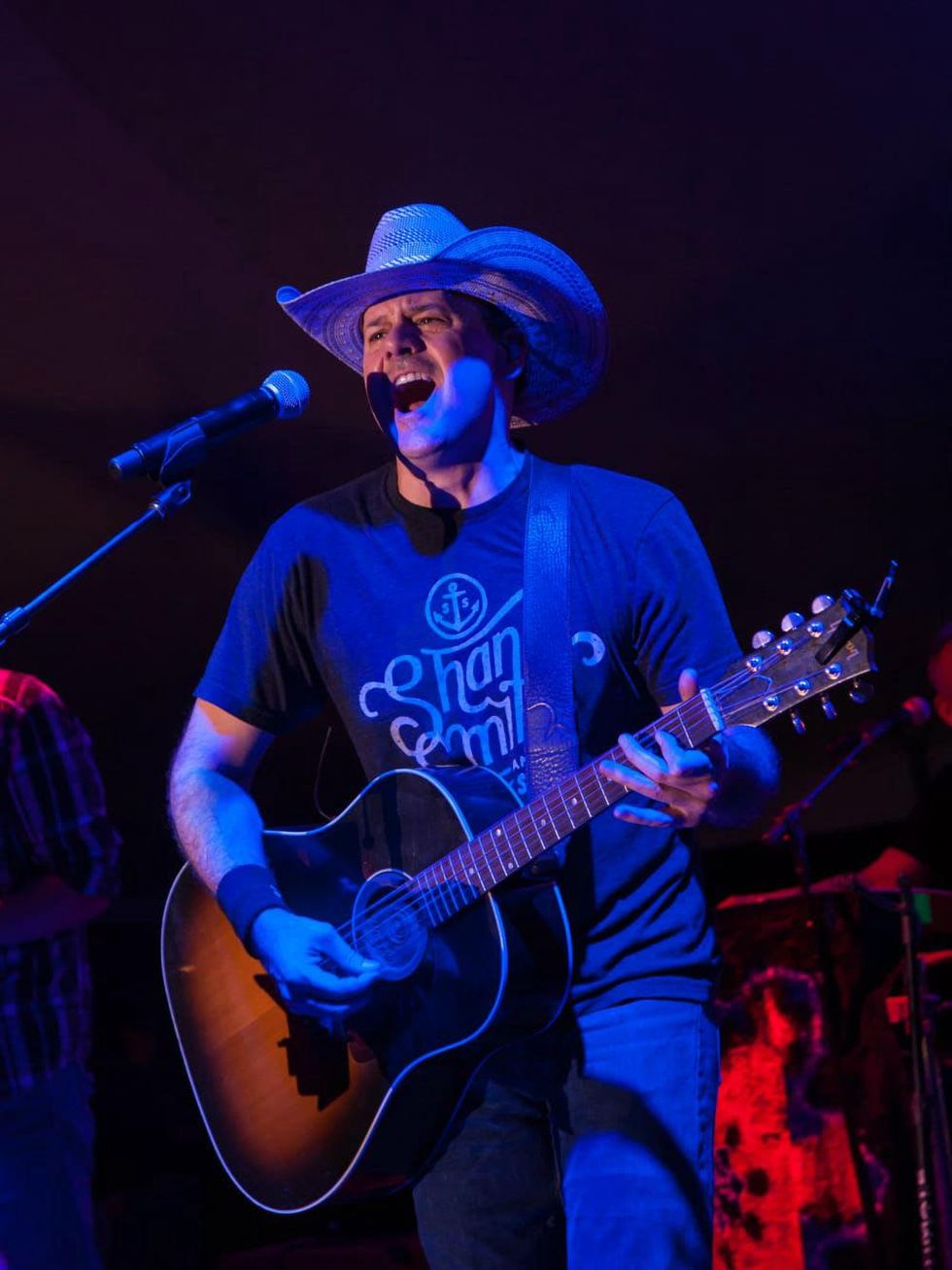Rare Birds
Lady sings the blues: Dee Dee Bridgewater brings it on for Billie Holiday atWortham Center
 Dee Dee Bridgewater will be on stage at Wortham Theater Center Saturday night.Photo by Mark Higashino-MHP Inc./© DDB Productions Inc.
Dee Dee Bridgewater will be on stage at Wortham Theater Center Saturday night.Photo by Mark Higashino-MHP Inc./© DDB Productions Inc. Eleanora Fagan: To Billie with Love from Dee Dee Bridgewater album cover
Eleanora Fagan: To Billie with Love from Dee Dee Bridgewater album cover Dee Dee BridgewaterPhoto by Mark Higashino-MHP Inc./© DDB Productions Inc.
Dee Dee BridgewaterPhoto by Mark Higashino-MHP Inc./© DDB Productions Inc.
When we turn on the radio and acknowledge with a smile a song's lyric as it is sung by contemporary artists such as Bonnie Raitt, Willie Nelson or Lalah Hathaway, are we aware that in our country's history, popular songs used to be sung very differently? That back in the 1930s, there were singers, many of them women, who defined what it meant to be a "jazz singer" and redefined how a song's lyrics could be sung?
Eleanora Fagan
Who is Eleanora Fagan? The name could have come from the pages of Emily Brontë or Charles Dickens. Born in 1915, Fagan would take the stage name Billie Holiday and change the course of American music. "A lot of jazz people don't know that her name was Eleanor," says singer/musician Dee Dee Bridgewater. "She wasn't born Billie Holiday. She was a real person."
A "real person," not a stereotype. On Saturday, March 17 at the Wortham Theater Center, Bridgewater will celebrate Holiday as an artistic innovator and "someone who stood up for what she believed in." The concert will feature selections from Bridgewater's Grammy Award-winning recording, Eleanor Fagan (1915-1959): To Billie With Love From Dee Dee.
"For me, the album is a celebration, not a tribute, to Billie Holiday," says Bridgewater. "I've always tried to clarify that. I wanted to give another life to the music."
"She was a groundbreaking singer," she continues. "Her style was extremely unique. Very avant-garde. She refused to go the way of singers of other vocalists of her time."
With Eleanor Fagan, Bridgewater does, indeed, breathe new life into familiar repertoire. If you're expecting slow tempos, mournful solos and an overall vibe of narcissistic moodiness and self-pity, well, you've got the wrong album, baby. Track one, "Lady Sings The Blues," a song co-composed by Holiday, comes charging out of the gate with a distinctly West African polyrhythm, realized on piano, drums and upright bass, with a brauva performance by Bridgewater that sounds like a declaration of independence as opposed to a suicide note.
“I wanted Eleanora Fagan to be something different: more modern and a celebration," says Bridgewater. "I wanted the album to be joyful.”
Track one's arrangement, one of 12 by long-time collaborator pianist Edsel Gomez, harkens back to Bridgewater's album Red Earth, recorded in Mali with players from Senegal, Guinea, and other parts of West Africa, which in turn had a profound impact on her singing. "After the polyrhythms I had to deal with," Bridgewater says, "now I can play around with tempos."
The only track on Eleanor Fagan that evokes its original recorded incarnation is the chilling 1939 song "Strange Fruit," with lyrics that describe, in graphic detail, the lynching of black people in the South. Bridgewater is quick to point out that Holiday made a career for herself against incredible odds, including segregation and blatant racism. In addition to "standing up for her individuality," Holiday, in Bridgewater's words, "went down fighting."
"That's a hard song to sing," says Bridgewater of "Strange Fruit." "You don't want to mess with it." It's also not a song she sings often, instead, letting the live audience dictate in unspoken terms whether or not its performance is appropriate. Says Bridgewater, "I have to feel the audience and see if they want to go there with me."
Musician, Historian, Poet, Storyteller
Regarding Billie Holiday and her genius at recasting the melodic, harmonic, rhythmic and lyrical content of popular music, poet and critic Amiri Baraka writes, "She is never tied to 'the given,' either the form or the intended content." Baraka goes on to say, "Indeed, Billie Holiday is the poet of jazz singing." Frank Sinatra, who readily acknowledged Holiday's influence on his own singing, put it simply: "Lady Day is unquestionably the most important influence on American popular singing in the last twenty years."
For someone who is described as a "keeper of tradition," Bridgewater, like Holiday, has never been tied to "the given." The breadth and depth of her recorded repertoire, including tributes to Ella Fitzgerald, songs by Kurt Weill and the aforementioned Mali project, is stunning, and should secure her place as a pioneering musician, singer, and live performer.
Bridgewater describes Holiday as, "a vocalist who made it possible for singers like me to carve out a career for ourselves." Lest we forget, back in the day, popular songs weren't sung in the way we are now accustomed to hearing them. And not so long ago, women weren't expected or encouraged to stand up for what they believed in.
Da Camera of Houston presents Dee Dee Bridgewater "To Billie With Love - A Celebration of Lady Day" Saturday, 8 p.m., Cullen Theater, Wortham Theater Center. The orchestra section is sold out. $55 and $40 seats are available in the mezzanine. Purchase tickets by phone at 713-524-5050 or at Da Camera of Houston's office at 1427 Branard, Monday-Friday 9 a.m. to 5 p.m.
